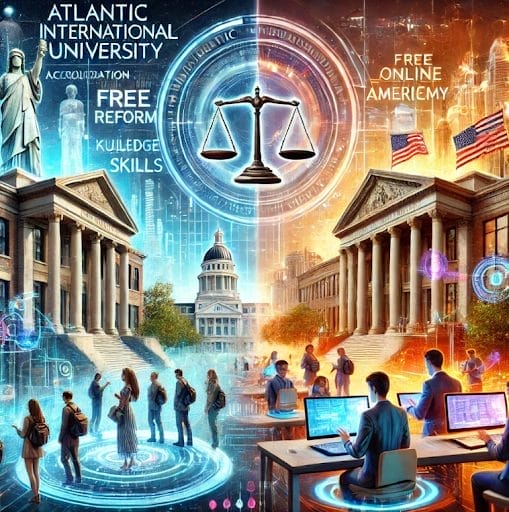Fostering Understanding Through Science Dialogue
April 26, 2024 2024-04-26 11:35
Fostering Understanding Through Science Dialogue
Introduction
In an era marked by rapid scientific advancements and complex global challenges, effective science dialogue has become crucial for fostering understanding and collaboration across various sectors of society. Science dialogue involves communication and discussions related to scientific topics among scientists, policymakers, educators, and the general public. This article explores the importance of science dialogue, its challenges, and strategies for enhancing its effectiveness.
The Importance of Science Dialogue
Science dialogue serves several vital functions:
- Education and Awareness: It helps in educating the public about new scientific discoveries and their implications for daily life and policy.
- Policy Making: Engaging dialogue between scientists and policymakers facilitates the development of informed, evidence-based public policies.
- Public Engagement: By involving the community in discussions about science, it promotes a more informed and engaged citizenry.
- Addressing Misinformation: Open and transparent dialogue can counteract misinformation and clarify scientific truths.
Challenges in Science Dialogue
Despite its importance, science dialogue faces several challenges:
- Complexity of Science: Scientific concepts can be complex and difficult for non-specialists to understand, which can lead to misunderstandings.
- Misinformation: In the age of social media, misinformation spreads quickly, making it hard for accurate scientific information to prevail.
- Diverse Audiences: Tailoring the dialogue to suit various levels of understanding and interest across different segments of the population is challenging.
- Trust in Science: Skepticism and declining trust in scientific institutions can hinder effective communication.
Strategies for Effective Science Dialogue
To overcome these challenges and enhance the effectiveness of science dialogue, several strategies can be employed:
- Use Clear and Accessible Language: Avoiding jargon and explaining concepts in simple terms can make science more accessible to the general public.
- Engage Diverse Communication Platforms: Utilizing various media, including social media, podcasts, and community forums, can help reach a broader audience.
- Interactive Engagement: Workshops, science fairs, and public lectures that allow direct interaction can engage audiences more effectively than one-way communication.
- Collaboration with Educators and Communicators: Scientists can work with educators and professional science communicators to develop engaging content and effective delivery methods.
- Continuous Feedback: Implementing mechanisms to receive feedback from the audience can help refine and improve future dialogues.
- Build Trust: Consistent, transparent, and honest communication can help build and maintain trust in scientific communities.
Case Studies of Successful Science Dialogue
Examples of successful science dialogue include:
- Science Cafés and Public Lectures: Events where scientists discuss their work with the public in an informal setting.
- Citizen Science Projects: These projects involve the public directly in scientific research, enhancing their understanding and investment in science.
- Policy Workshops: These involve scientists and policymakers coming together to discuss the implications of scientific research on policy making.
Conclusion
Science dialogue is an essential tool for bridging the gap between scientific communities and the public. By improving the quality and reach of scientific communication, society can better leverage scientific knowledge for the common good. As we continue to face global challenges such as climate change, health pandemics, and technological disruption, effective science dialogue will play a crucial role in navigating these complexities wisely and equitably.
Related Posts
Fostering Understanding Through Science Dialogue
April 26, 2024 2024-04-26 11:35Popular Tags





























